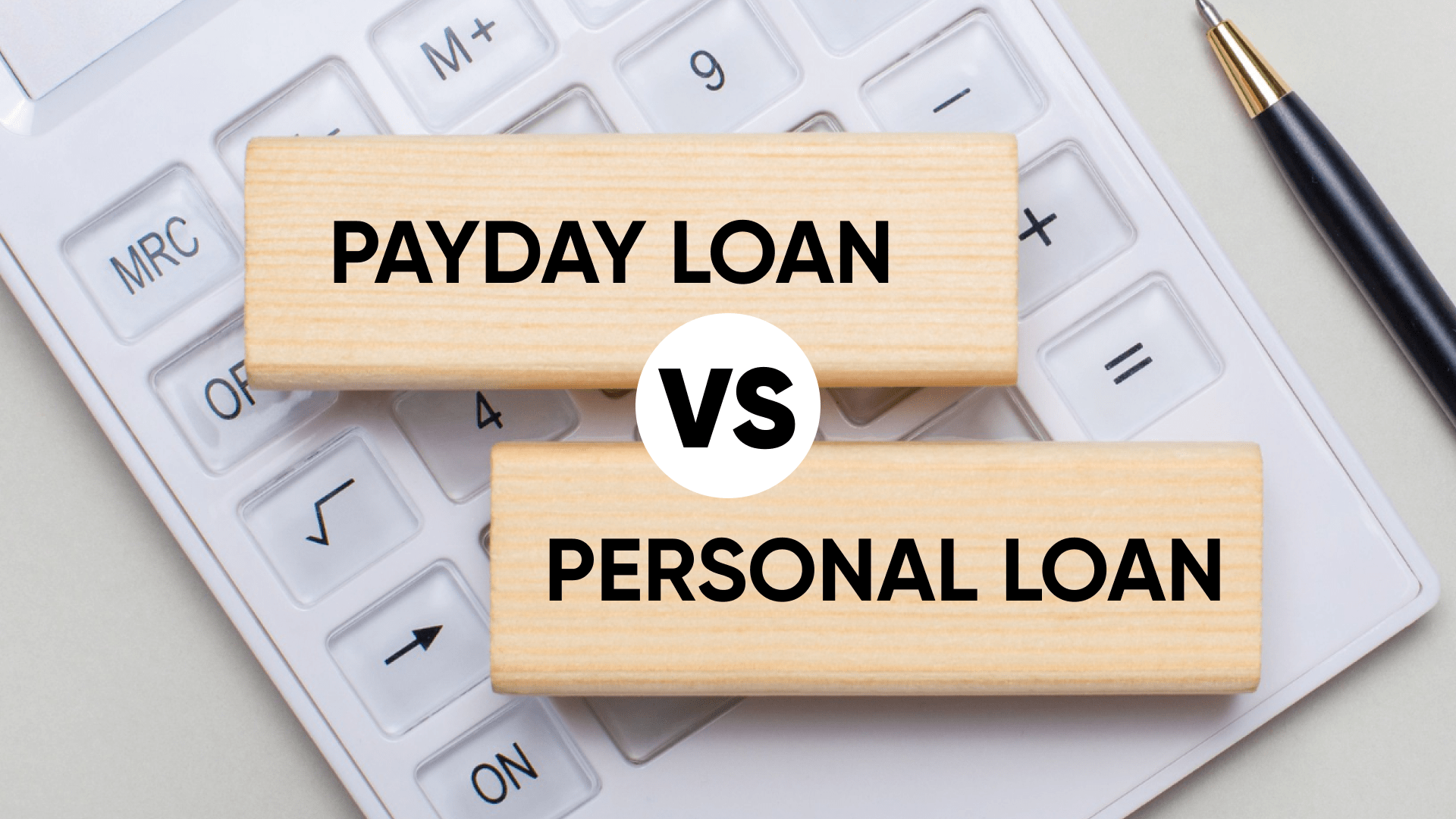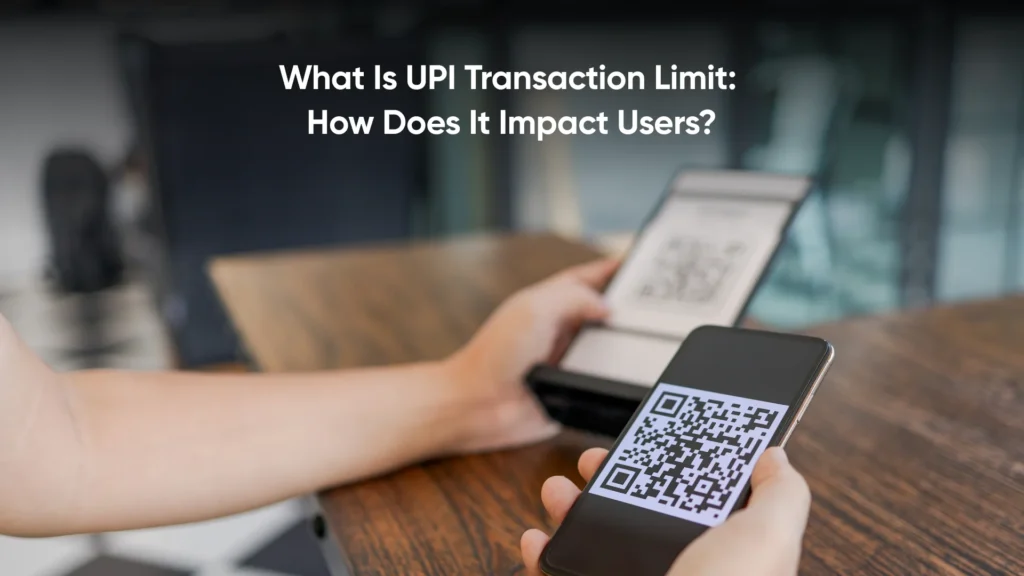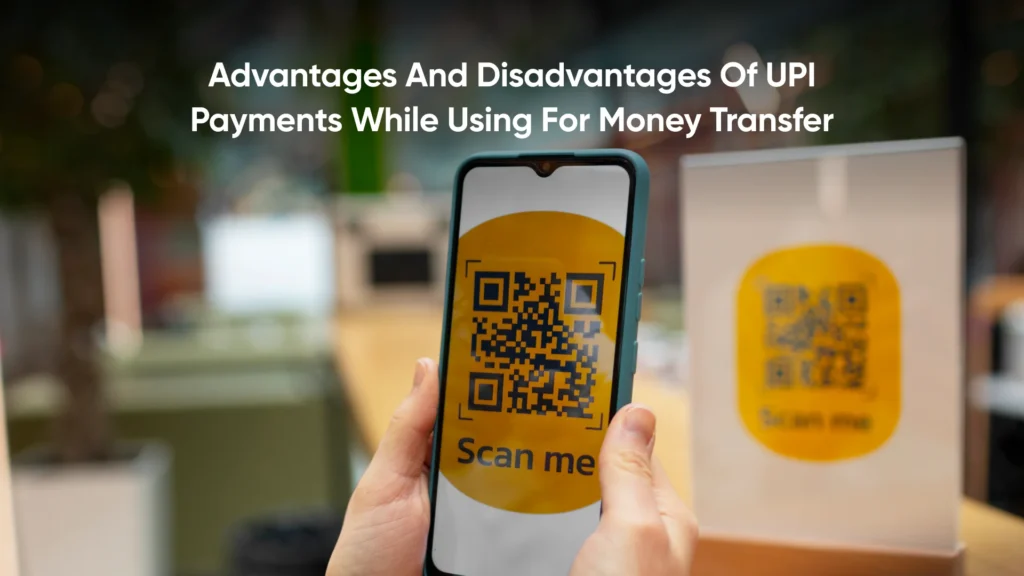Payday Loan vs Personal Loan - What is the Difference

Payday loans and personal loans are two common forms of credit that cater to different needs and financial situations. The difference between payday loans and personal loans is significant, impacting both the borrower’s repayment strategy and financial health.
Payday loans, often seen as a quick fix for immediate cash needs, differ vastly in terms of interest rates and repayment terms compared to personal loans. Understanding what is a payday loan and how does it work is essential for anyone considering this option.
On the other hand, personal loans, which can be either secured or unsecured loan, offer a more traditional lending route with varied uses. This article will define payday loans and compare them with personal loans, providing clear insights into which option is more suitable for different financial scenarios.
Table of Contents
ToggleWhat is a Payday Loan?
Payday loans represent a distinct category of loans that are primarily designed for urgent cash needs. These loans are typically short-term personal loan, unsecured financial solutions, offering a quick fix for those in immediate financial distress.
Payday loans are usually for smaller amounts, often just enough to cover an urgent expense or a temporary cash shortfall. Generally, payday loans are unsecured, meaning they don’t require collateral, which adds to their appeal for borrowers without significant assets. However, this lack of security for the lender means higher interest rates for the borrower.
In order to properly define payday loans we can say that they are short-term, unsecured loans often used by individuals who need immediate financial assistance and are confident in their ability to repay the personal loan quickly, usually from their next paycheck.
How Payday Loans Work?
Payday loans operate on a simple yet high-cost mechanism, especially when compared to personal loans. These loans provide immediate financial relief by offering a small amount of cash, typically based on the borrower’s next paycheck.
To obtain a payday loan, a borrower typically writes a personal cheque for the amount borrowed plus a finance charge or grants electronic access to their bank account. The lender holds onto this check or account access until the borrower’s next payday, at which point the loan and finance charge must be paid in one lump sum.
Want to know whether payday loans secured or unsecured? They are unsecured meaning they do not require collateral. However, this unsecured nature contributes to their high personal loan interest rates, as lenders take on more risk. The interest rates for payday loans can be exorbitantly high, often leading to a cycle of debt for borrowers who cannot repay the loan promptly.
Also Read: What is a Personal Loan Sanction Letter? Why is it Important?
Features Of Payday Loans
Payday loans have unique features that distinguish them from traditional personal loans. Understanding these characteristics is crucial for the borrowers. Here are the key features of payday loans:
- Quick Approval and Disbursal: Payday loans are known for their fast approval and disbursal, often occurring within the same day.
- Small Loan Amounts: Reflecting the difference between payday loans and personal loans, payday loans usually offer smaller amounts, suitable for short-term financial needs.
- High-Interest Rates: One of the critical aspects of payday loans vs personal loans is the interest rate. Payday loans can have extremely high-interest rates.
- Short Repayment Tenure: These loans typically have a very short repayment period, often ranging from a few days to a month.
- Minimal Documentation: Payday loans require less documentation, often just proof of income and identity.
- No Credit Check: Many payday loan providers do not conduct a thorough credit check, making them accessible to a broader range of borrowers.
- End-Use Flexibility: Borrowers have the freedom to use the loan amount for any immediate financial requirement without restrictions on end-use.
What is a Personal Loan?
A personal loan is a versatile financial tool available to individuals who are in dire need of some extra funds. Unlike payday loans, which are typically short-term and high-cost, a personal loan is usually an unsecured form of credit provided by banks or non-banking financial companies (NBFCs). The eligibility for a personal loan is determined by a combination of factors, including the applicant’s employment history, income level, repayment capacity, profession, and credit history.
Personal loans do not require collateral, making them accessible to a wider range of borrowers. They are characterised by minimal documentation requirements and a relatively quick approval process. The loan amount and tenure are tailored to the borrower’s financial situation, with tenures typically ranging from three months to five years. This flexibility allows borrowers to manage their finances effectively without the pressure of immediate repayment, unlike payday loans.
Features Of Personal Loans
Personal loans in India offer a range of features that make them a viable financial solution for various needs. Here are some key features:
- Flexibility of Use: Unlike specific loans like home or car loans, personal loans can be used for any personal expense, from medical emergencies to weddings or travel.
- Quick Disbursal: Personal loans are known for their quick approval and disbursal, often within 24 to 72 hours, making them suitable for urgent financial needs. Download Zype to get personal loans up to 5 lakhs in 6 minutes.
- Minimal Documentation: The process requires fewer documents compared to other loan types, speeding up the approval process.
- Flexible Repayment Options: Borrowers can choose from various repayment options like EMIs, making it easier to plan finances.
- Attractive Interest Rates: Personal loans often come with competitive interest rates, making them an affordable option compared to the high rates of payday loans.
- Online EMI Calculators: Many lenders offer online personal,loan EMI calculators to help borrowers understand their repayment schedule and plan accordingly.
Alternatives to Taking Out a Payday Loan
Take Out a Secured Loan
Secured loans are a viable alternative to payday loans, requiring collateral like property or gold. This security leads to lower interest rates compared to payday loans. In India, gold loans are a popular form of secured loans, offering quick disbursal and flexible repayment options, unlike the rigid structure of payday loans.
Unsecured Personal Loans as an Alternative
Unsecured personal loans, unlike payday loans, don’t require collateral. They often have competitive interest rates and more manageable repayment terms. Ideal for short-term financial needs, these loans are based on creditworthiness, offering a safer, more flexible solution than high-cost payday loans.
Talk to a Credit Counsellor
Credit counselling can provide valuable guidance on managing finances and debts. A credit counsellor can offer alternatives and strategies to avoid payday loans. They can also assist in restructuring debts and negotiating with creditors, which is beneficial for those considering payday loans.
Borrow from Friends or Family
Borrowing from friends or family is a common alternative to payday loans. This option usually involves no or low interest and more flexible repayment terms. It’s a personal way to manage financial shortfalls without the high costs or strict terms associated with payday loans.
Differences: Payday Loans vs Personal Loans
Understanding the key differences between payday loans and personal loans is essential for making informed financial decisions. While both offer monetary solutions, their terms, conditions, and suitability vary greatly. Here’s a detailed comparison of both:
Aspect | Personal Loans | Payday Loans |
Loan Purpose | Versatile, can be used for various personal needs like education, medical expenses, or home renovation. | Primarily for immediate cash needs, often to cover expenses until the next payday. |
Loan Amount | Generally higher, can go up to several lakhs depending on the borrower’s credit profile and income. | Smaller amounts, usually based on the borrower’s upcoming salary. |
Interest Rates | Competitive rates, based on credit policies of the lender and borrower’s creditworthiness. | Extremely high rates can go as high as 40% annually, reflecting their short-term, high-risk nature. |
Repayment Tenure | Longer tenures, usually from 3 months to 60 months, offering flexibility in repayment. | Very short tenure, typically from a few weeks up to a month. |
Loan Processing Time | May take a few days to a week for approval and disbursal. | Known for quick processing, often disbursed within the same day or within 24 hours. |
Eligibility Criteria | Usually Includes assessment of multiple factors like credit score, income, debt-to-income ratio, and other financial factors. | Relatively flexible, often requiring just proof of income and a bank account, catering even to those with lower credit scores. |
Collateral Requirement | Usually Unsecured, no collateral required. | Also unsecured, no collateral needed. |
Hidden Charges | Generally transparent with no hidden costs. | May include hidden fees, contributing to their overall high cost. |
Interest Rate for Payday and Personal Loan
The interest rates for payday loans and personal loans vary greatly. Payday loans, known for their immediacy and minimal personal loan eligibility criteria, typically come with substantially higher interest rates. This is attributed to their short-term nature and the higher risk involved for lenders.
On the other hand, personal loans, which are more structured and involve a thorough assessment of the borrower’s creditworthiness, generally offer more competitive interest rates. These rates are influenced by various factors, including the borrower’s credit profile, income, and employment history. The stark contrast in interest rates between these two loan types underscores the importance of choosing the right financial product based on one’s repayment capacity and financial needs.
Which One is the Right Choice?
The choice between payday loans and personal loans depends on individual needs and circumstances. While payday loans offer a quick fix for immediate cash needs, their high interest rates and short repayment terms can be daunting.
On the other hand, personal loans, like those offered by Zype, present a more structured and potentially less costly alternative. Zype’s personal loans stand out with features like instant transfer, flexible repayment options of 6 to 12 EMIs, and a hassle-free application process, making them a viable choice for those seeking financial flexibility without the burden of high costs. Click here to apply and get loan approval in under 60 seconds.
Frequently Asked Question
A payday loan is a short-term, high-interest loan, typically due on your next payday, used for immediate cash needs.
Payday loans are unsecured, meaning they do not require collateral or security from the borrower.
Payday loans are also known as cash advance loans or cheque advance loans.
A payday loan is neither; it’s a short-term loan that is typically repaid in a single lump sum on the next payday.
An instalment loan is repaid over time with a set number of scheduled payments, unlike payday loans which are paid back in one lump sum.
Not repaying a payday loan can lead to increased fees, penalty charges, collection calls and credit score damage.
Payday loans can affect your credit score if the debt is referred to a collection agency or reported to credit bureaus.













